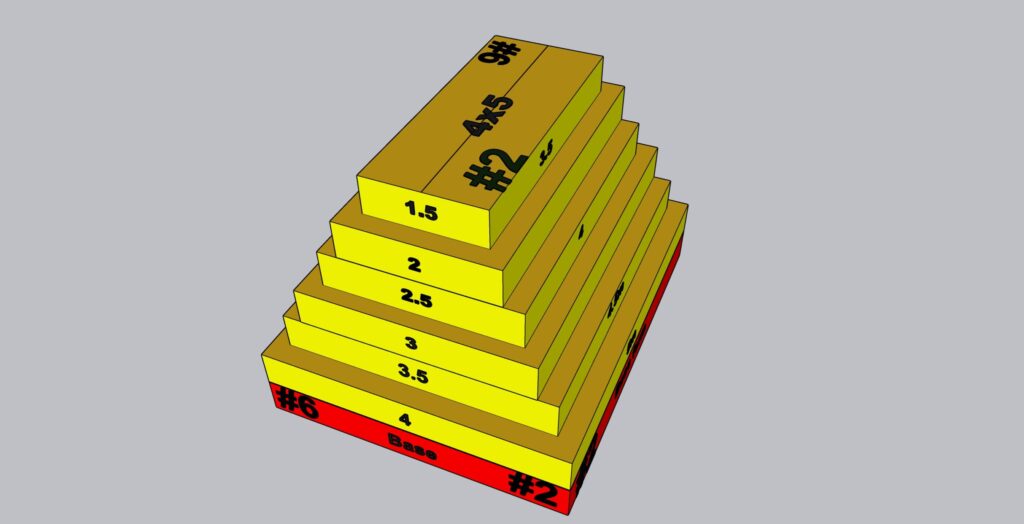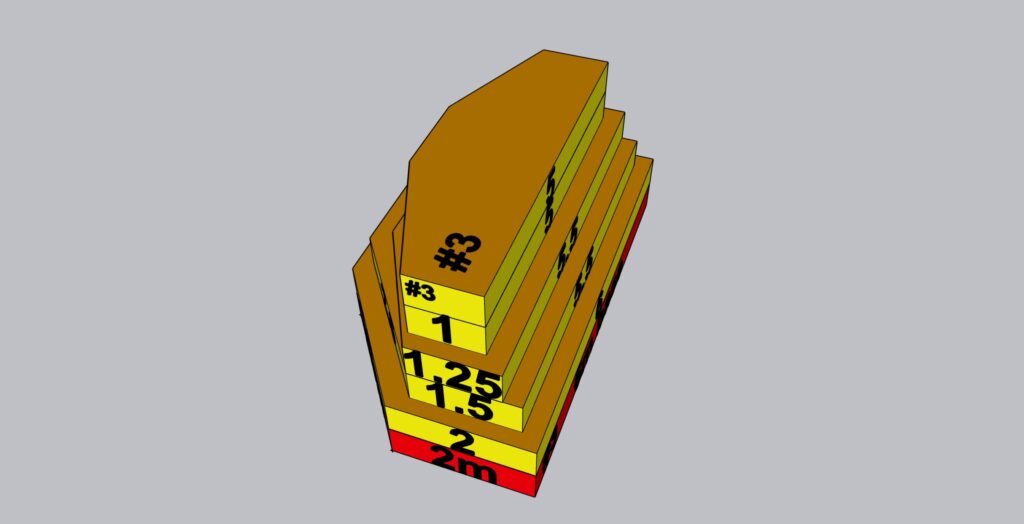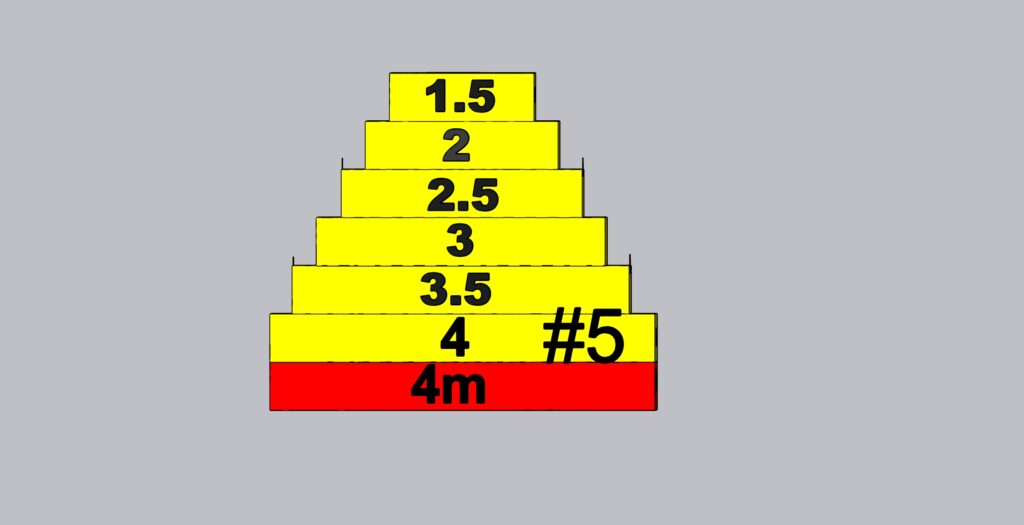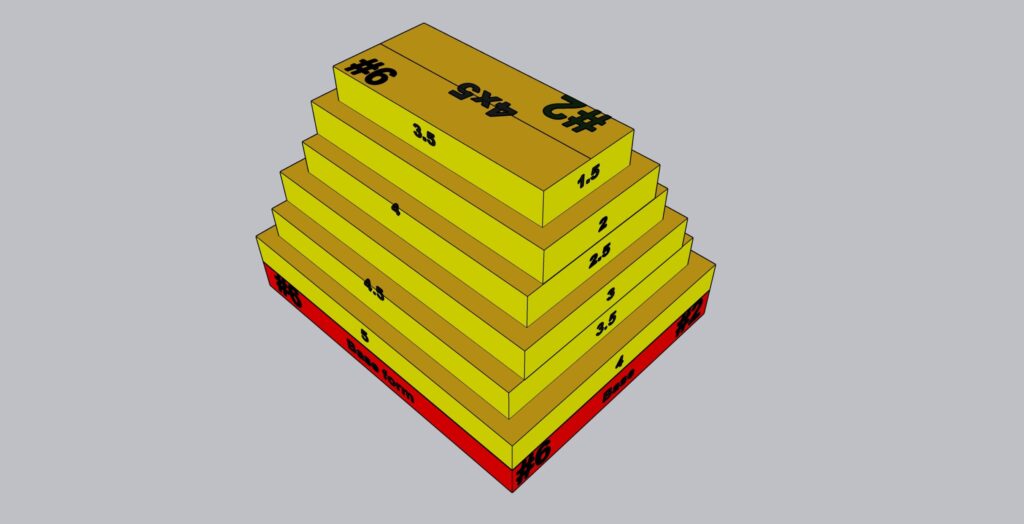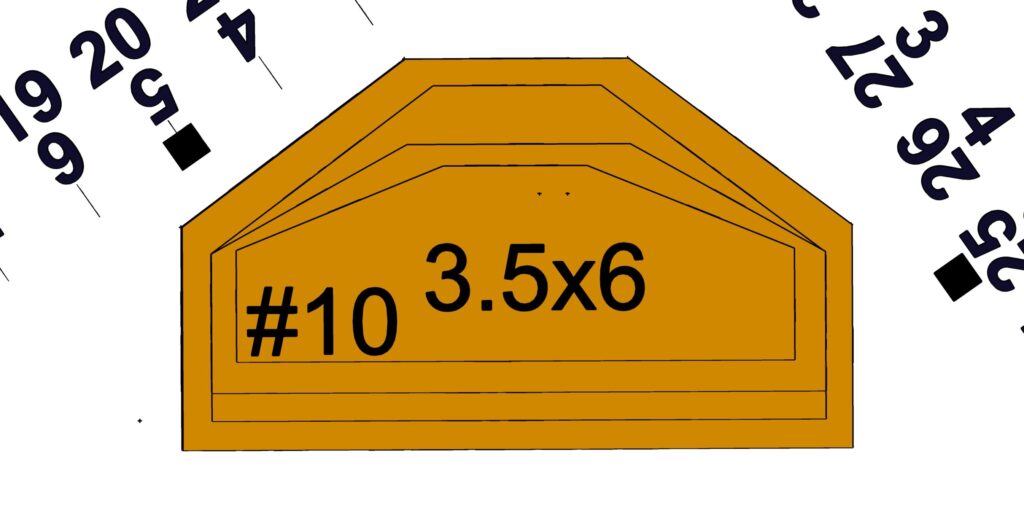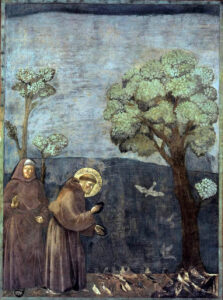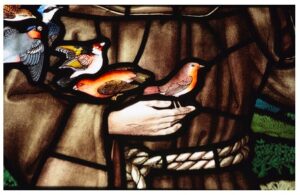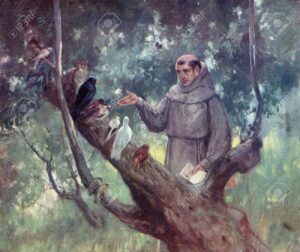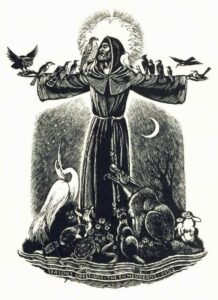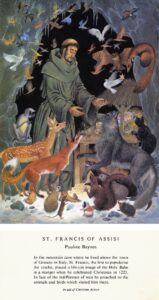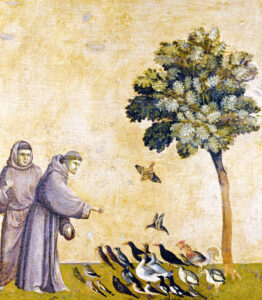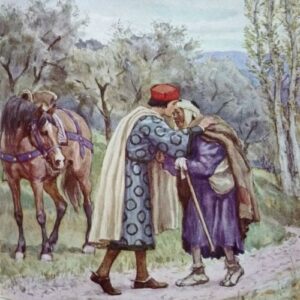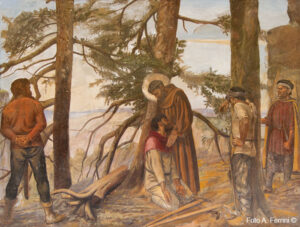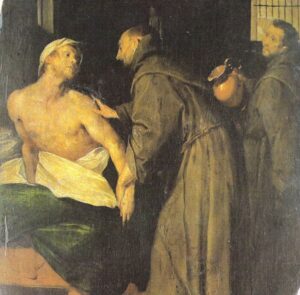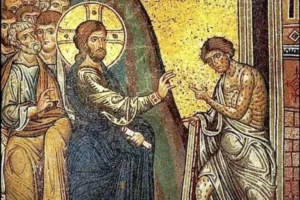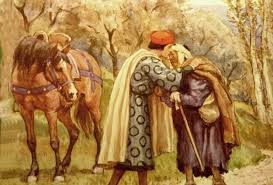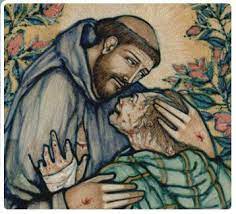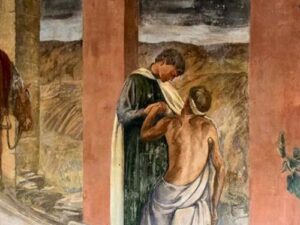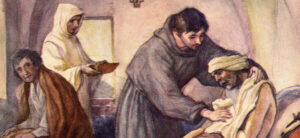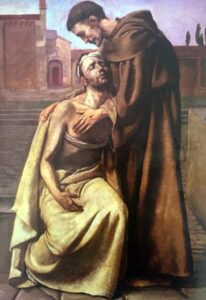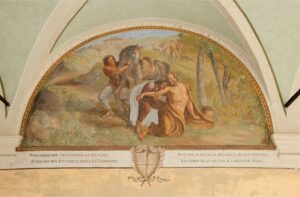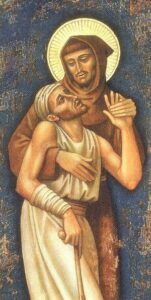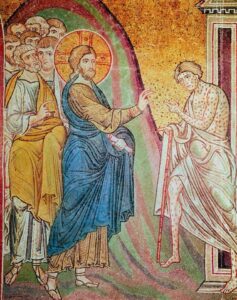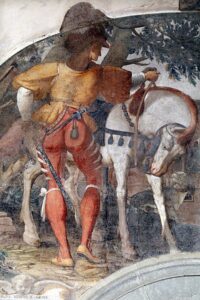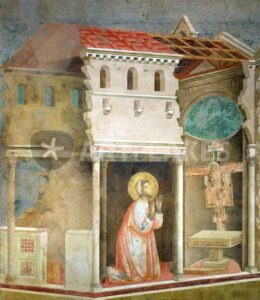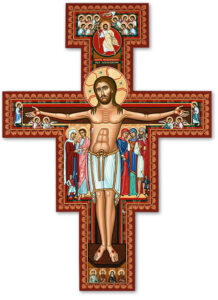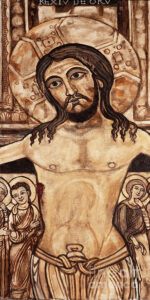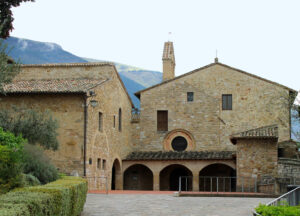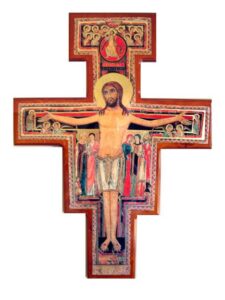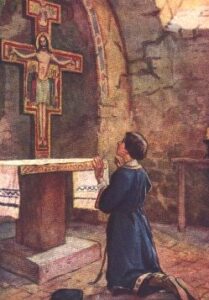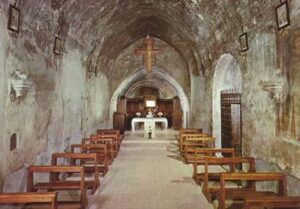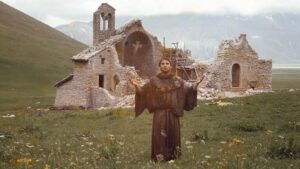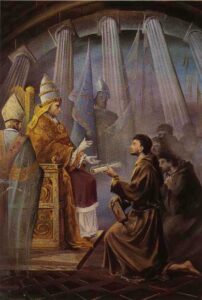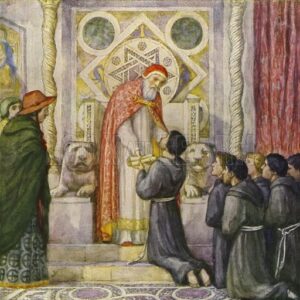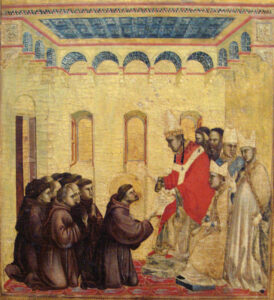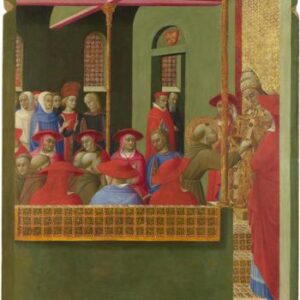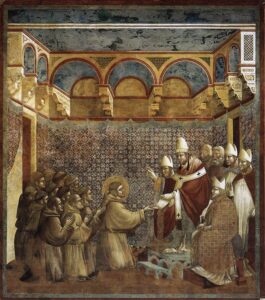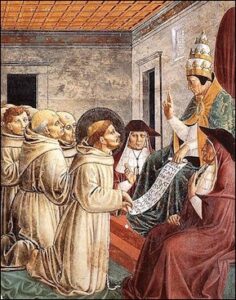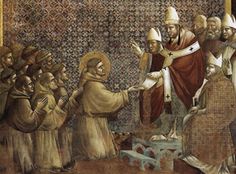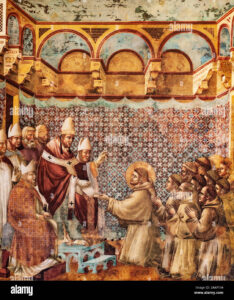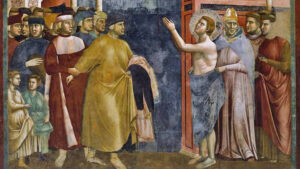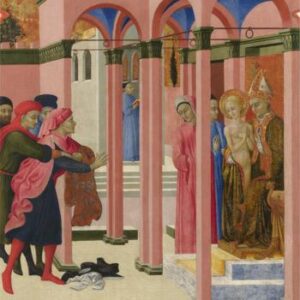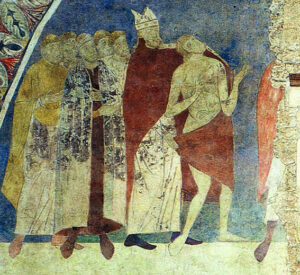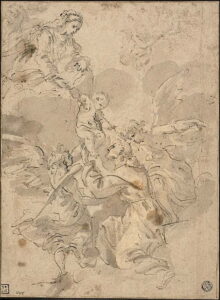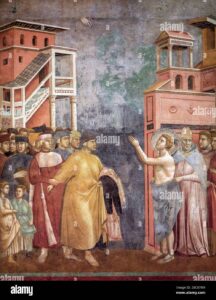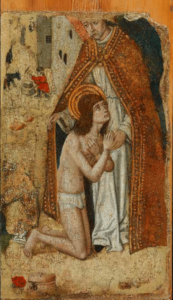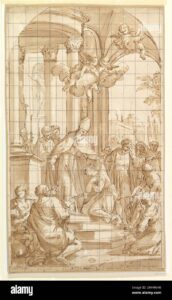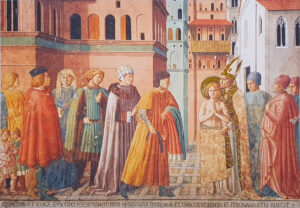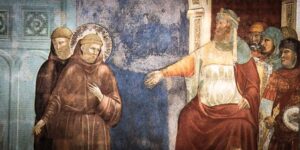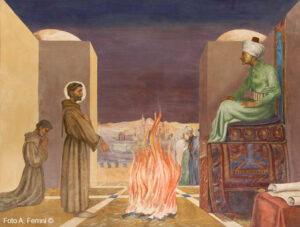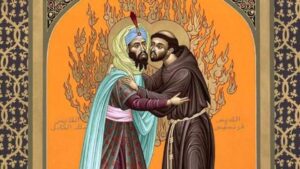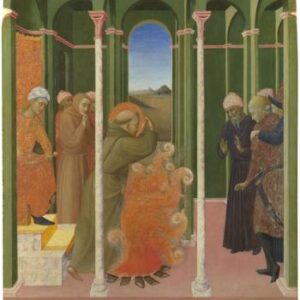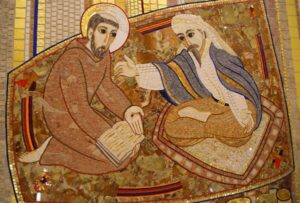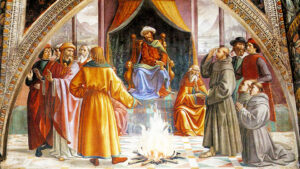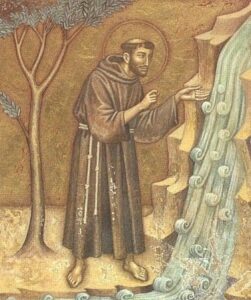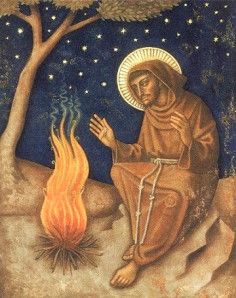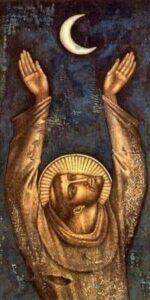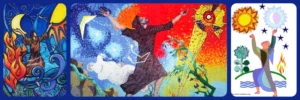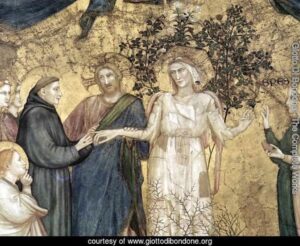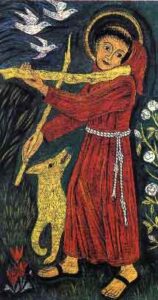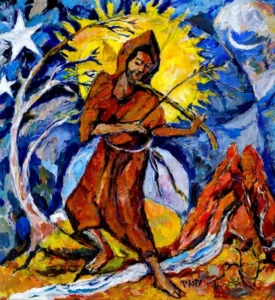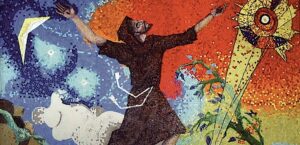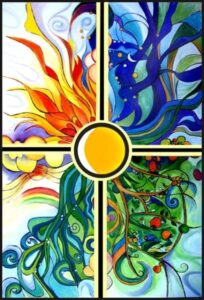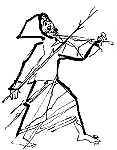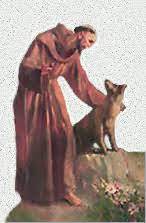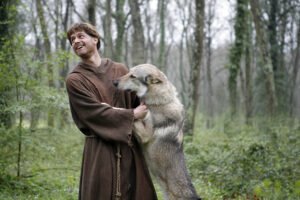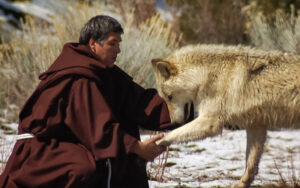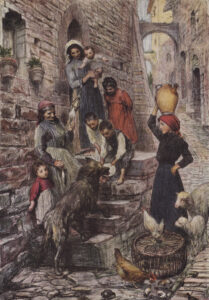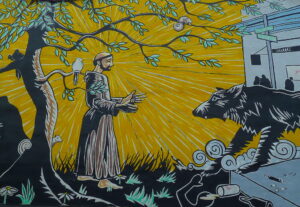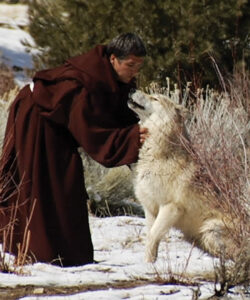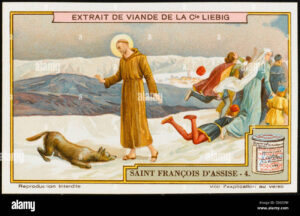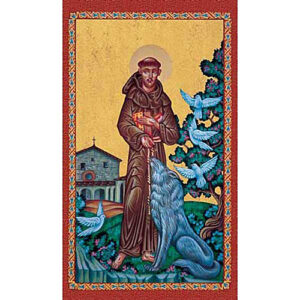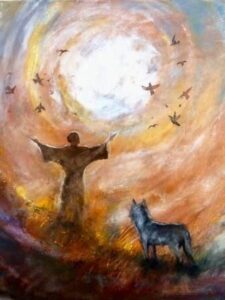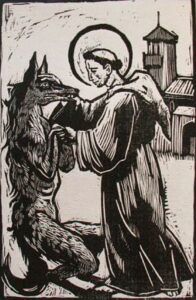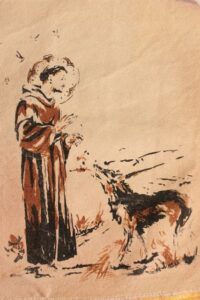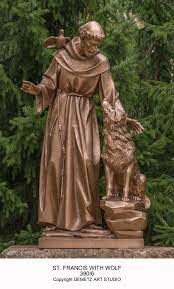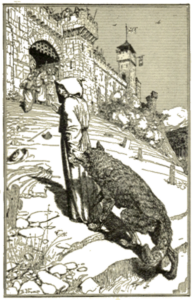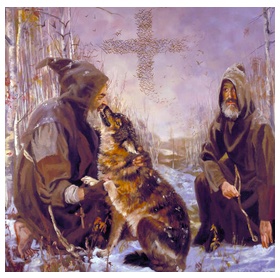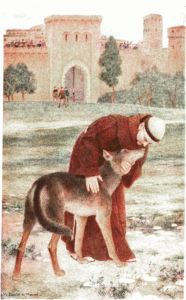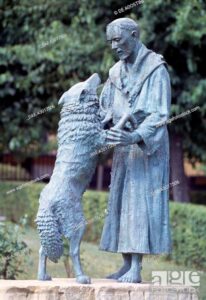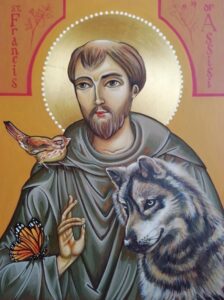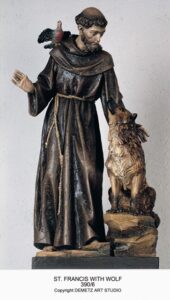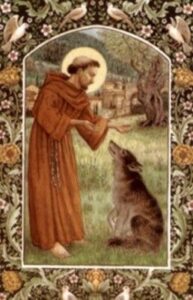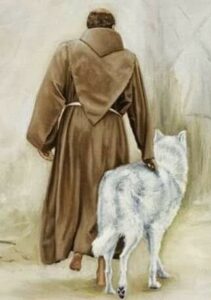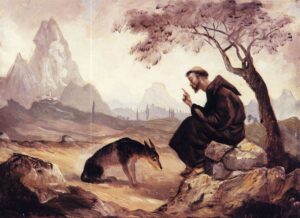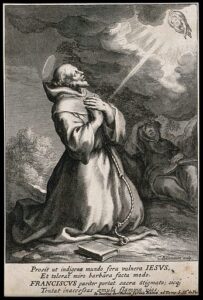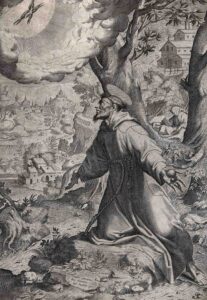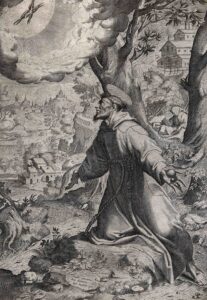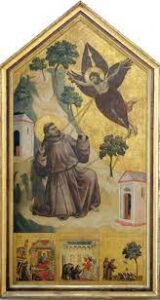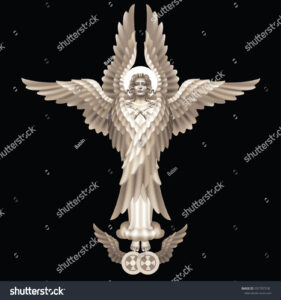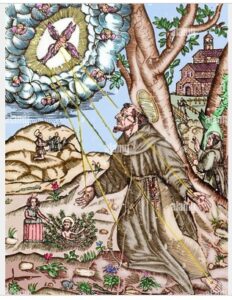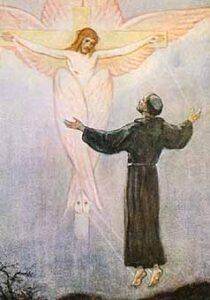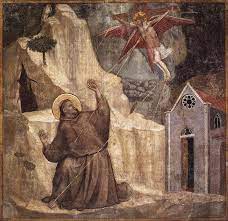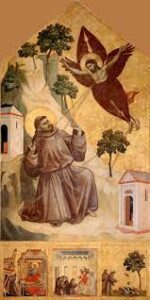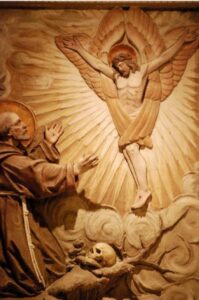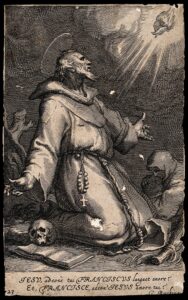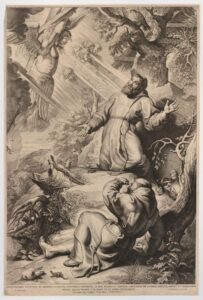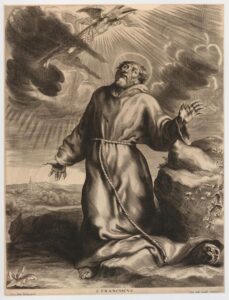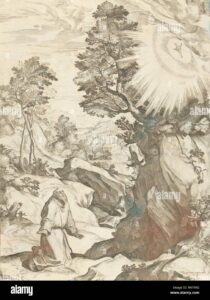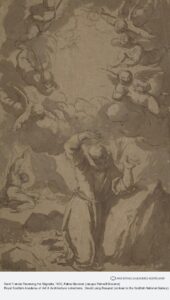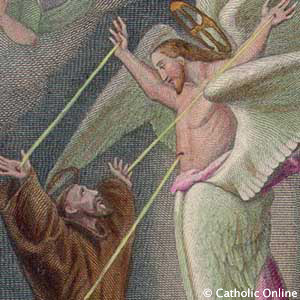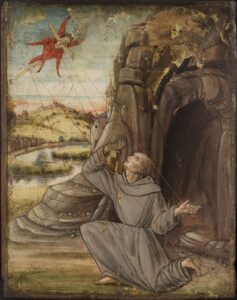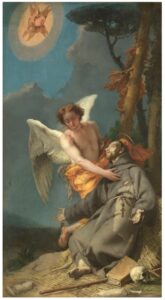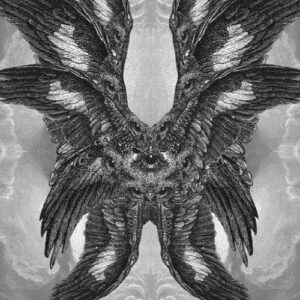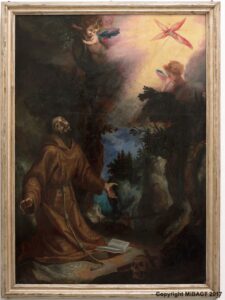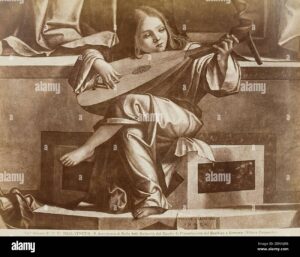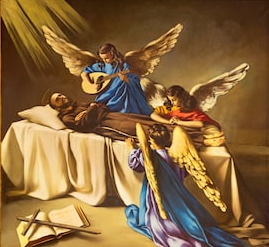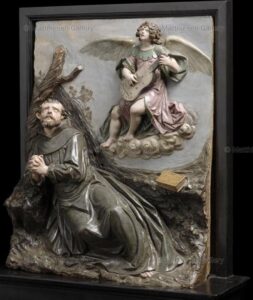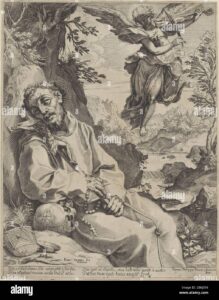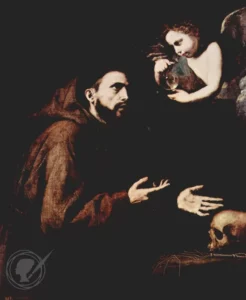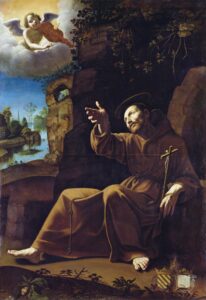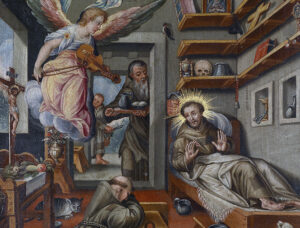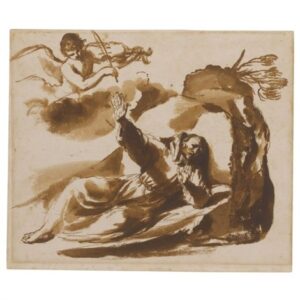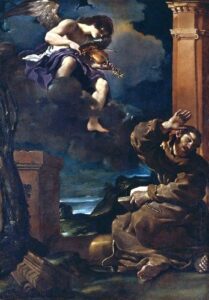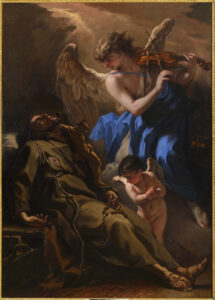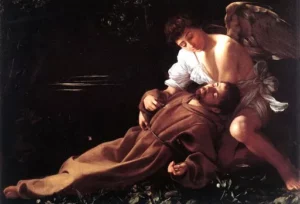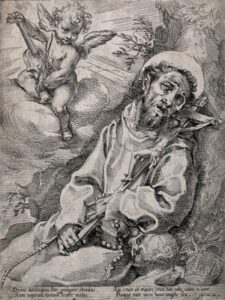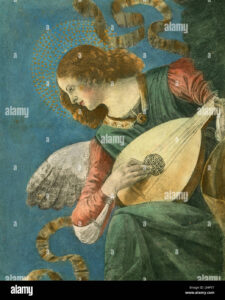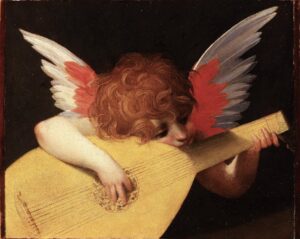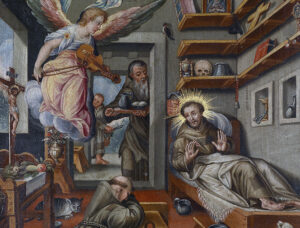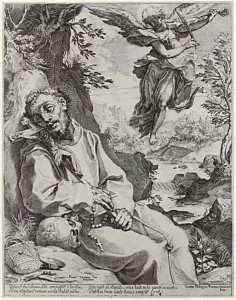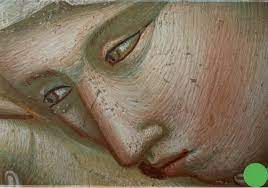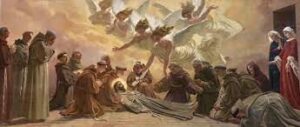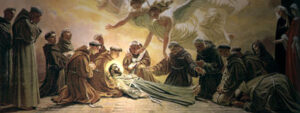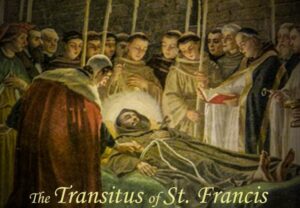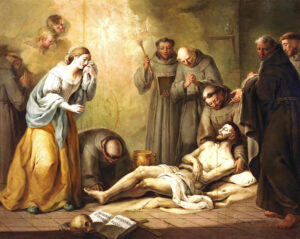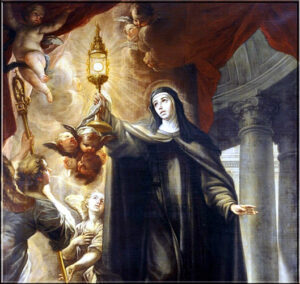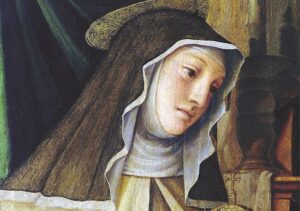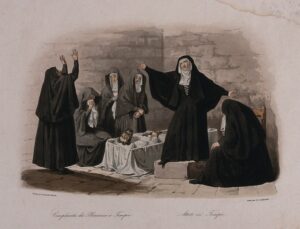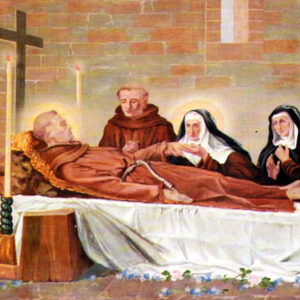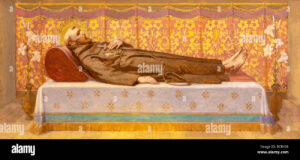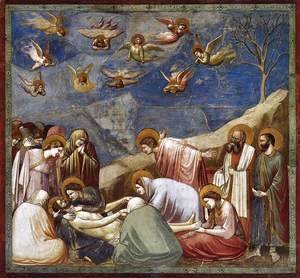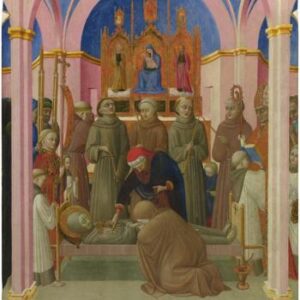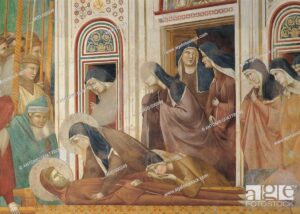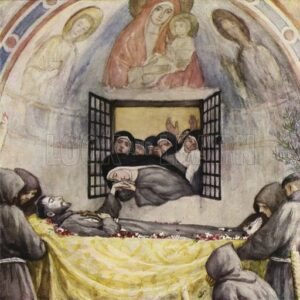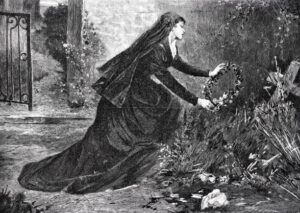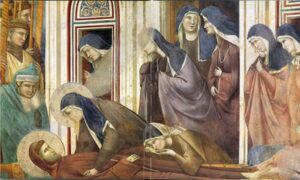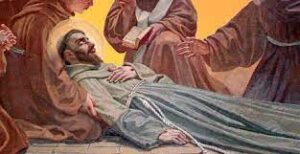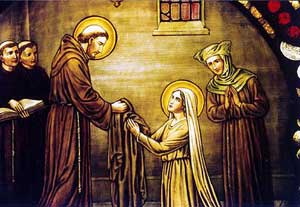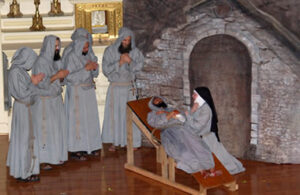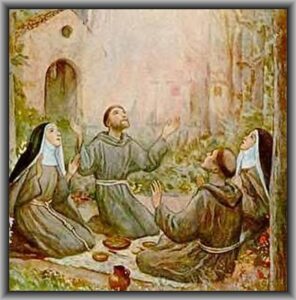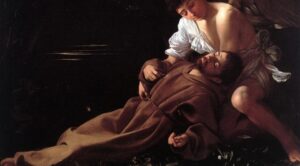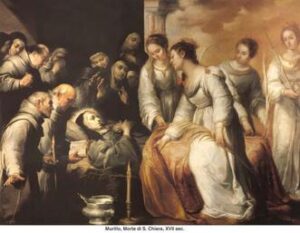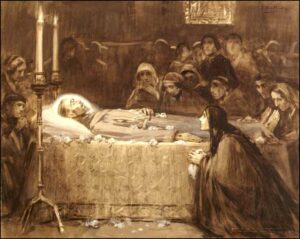Jesolo 2023
Crew info & stuff
Crew info & stuff
Contact details
David Ducharme
email: sculptlife@gmail.com
phone: +1 (250) 505-2343 (Can)
+39 351 605 2534 (Italy)
Silvia Rebuli
email: silvia.rebuli@comune.jesolo.ve.it
phone:+39 334 626 7730 (Italy)
Mauro Salamon
phone: +39 338 933 4243 (Italy)
address: Via Dante Alighieri 2° A.M., 11, Via Dante Alighieri Secondo Accesso al Mare, 13, 30016, Lido di Jesolo VE, Italy,
website: http://www.hoteladlonjesolo.it/
phone: +39 042 192212 (Italy)
address: Via Andrea Bafile 10° Accesso al Mare, 13, 30016 Lido di Jesolo VE, Italy
website: http://www.villasorriso.com/
phone: +39 042 1380654 (Italy)
General Info
- Silvia Rebuli from the tourist office will buy the flight tickets, she will contact you about your needs.
- We will be picked up from the airport and brought to the hotel.
- The hotel will provide us with bicycles to cycle to work (about 1,5 km) remember to bring warm clothes and rain gear.
- On site we are required to wear safety boots with steel toes, remember to bring your safety shoes.
- The tent can be cold, humid and windy, bring appropriate clothing.
- Working hours are from 9:00 to 13:00 and from 14:00 to 18:00. Hours are flexible, but please work 8 hours per day.
- Meals are served in Hotel Adlon, where we are staying. Breakfast from 07:30 Lunch from 12:30
- Some days we might have lunch and/or dinner at the Villa Sorriso
Layout & Pound ups
Layout
Sculpture assignment
1 - Preach to the birds - Hanneke
Story Excerpt
A popular story of Francis preaching to the birds begins when he was walking from one city to the next to acquire more members for his new religious order. He noticed on the way a multitude of birds gathering in the trees and he was inspired to preach to them about their duty to always praise God.
2 - Kissing the leper - Pedro
Story Excerpt
Among all the horrors of human misery, Francis felt an instinctive disgust for lepers . But lo and behold, one day he really met one, while he was on horseback near Assisi.
He felt great annoyance and disgust. Yet, not to fail to the promised devotion, as if disobeying a received order, he leapt from his horse and ran to kiss him. And the leper, who had extended his hand to him as if to receive something, got back some money and a kiss at the same time.
3 - Praying before San Damiano Crucifix - Kuba
Story Excerpt
St Francis passed by the church of San Damiano , which was in ruins and abandoned by everyone. Led by the Spirit, he went in to pray before the Crucifix and, touched in an extraordinary way by the divine grace, he found himself totally changed. While he was thus deeply moved, suddenly the image of Christ crucified spoke to him moving his lips.
«Francis, – the voice tells him, calling him by name –
– Go, repair my house which, as you see, is all in ruins ».
4 - The Rule Approval - Baldrick
Story Excerpt
In 1209 Saint Francis composed for his mendicant disciples, or friars, a simple rule (Regula primitiva, “Primitive Rule”) drawn from passages in the Bible: “To follow the teachings of our Lord Jesus Christ and to walk in his footsteps.” He then led the group of 12 disciples to Rome to seek the approval of Pope Innocent III. At first Innocent was hesitant, but, following a dream in which he saw Francis holding up the church of San Giovanni in Laterano, he gave oral approbation to the Franciscan rule of life. This event, which according to tradition, occurred on April 16, 1210, marked the official founding of the Franciscan order.
5 - Renunciation of his father's property before the Bishop - Ilya
Story Excerpt
Saint Francis renounces his father (who had tried to dissuade him from following the religious life) by symbolically removing in public the rich clothes his father had given him and taking naked refuge in the arms of the Bishop of Assisi.
6 - Francis to the sultan’s - Dima
Story Excerpt
Eight hundred years ago this spring, St. Francis of Assisi and a single companion left on what may still appear as foolhardy an errand today as it did back then – to meet (and attempt to convert) the Muslim Sultan of Palestine, Syria, and Egypt: al-Malik al-Kamil.
As far as we can know based on the historical record, this was the first ever meeting of its kind. Never before had two such powerful (or holy) people from their respective faiths met in a spirit of peace and understanding.
7 - Francis plays an impromptu viola - Michela
Story Excerpt
St. Francis of Assisi, who in his Canticle of All Creatures, sees that there is a love or bond between all natural elements; between fire and water, earth and air, sun and moon. Singing of this unity it is said that he picked up two sticks which he found in a small wood where he was living as a wandering friar. He did not possess a musical instrument, but with the two pieces of wood he pretended that he was playing an instrument by rubbing them together, as if to create a sound. Then suddenly as he was dancing and singing, he thought of the Cross, as a musical instrument, on whose vertical and horizontal beams the music of the Universe was played. Thinking of this he began to shed tears.
8 - St Francis and the wolf - Susanne
Story Excerpt
St. Francis goes to the Italian town of Gubbio, where a fierce wolf had been terrorizing the village and even killing some of the people, including children. During his visit to Gubbio, Francis goes out to meet the wolf. When the wolf sees St. Francis, he comes charging at the saint with his mouth open, ready to attack. St. Francis immediately makes the sign of the cross over him and as soon as St. Francis did this, “the fearsome wolf closed his mouth and stopped running; and once the command was given, it came meekly as a lamb, and threw itself at the feet of St. Francis.”
Francis Cuts a Deal with the Wolf
9 - Receiving the Stigmata - Enguerrand
Story Excerpt
Francis, having passed the night praying on the steep side of the mountain of La Verna, saw a seraph with six bright, fiery wings, among which a crucified man appeared: he was bowled over by a mixture of amazement, joy and pain. Amazement and happiness because he felt Christ looking at him, pain because he could see him suffering on the cross, until the revelation that he himself from that moment on, would be a “visible portrait of Jesus Christ Crucified”, bearing the same wounds impressed on his own body.
Saint Francis of Assisi received the stigmata (wounds) of Jesus Christ while praying at La Verna in 1224. These wounds emanated from a vision of a seraphim in the form of a cross, and consisted of nail marks on his hands and feet, and a gash in the side of his chest. The stigmata remained until his death two years later and became the defining miracle of Saint Francis’s life.
10 - The Angels playing music for him - Helena
Story Excerpt
Once the saint (47), being prostrated by many illnesses together, felt a desire for some beautiful music that would stimulate the joy of the spirit. Convenience and decorum did not allow this to take place by the hands of men; And then intervened the compliant angels to fulfill his wish. In fact, one night, as he was keeping vigil in meditation, he suddenly heard a cittern playing with a wonderful harmony and a very sweet melody
Suddenly an angel appeared to him, with great splendour, who had a violin in his right hand and the bow in his left. And while St Francis was astonished by that vision, the Angel began to and immediately the soft melody comforted his soul and annulled every bodily sensation
11 - Weeping of Clare and the sisters over Francis' body - Marielle
Story Excerpt
After his death on October 3, 1226, St Francis’ body was brought to Assisi for its first burial in St. George’s Church: It was diverted to San Damiano on the way. Two magistrates brought it into the Sisters’ chapel, uncovered the face, and allowed Sister Clare and the others to kiss the sacred wounds in his hands. It was a tearful scene. Her biographer, Thomas of Celano, puts these words into her mouth: “O blessed Father, the Founder of our Order, the light of our eyes, the support of our weakness. What will become of us without you?”
site supplies
Supplies present at worksite before carvers arrive:
- Drinking water, restocked as needed through the end of carving.
- Electricity and a working Wi-Fi Connection.
- A ready water hose source with nozzles.
- 5 Barrels with w/plastic trash bag supply
- 14 Shovels
- 5 Crowbars
- 5 Wire cutters.
- At least 30 buckets
- At least 24 working pump-up hand sprayers.
- 2 Wheelbarrows
- The wood boxes and several small squares of flat pieces of wood.
- Round plastic forms with clamps and one hand tamper.
- Red & White tape.
- Large rolls of thin plastic sheeting to put over the sculptures, against drop damage from roof
- A private toilet.
- A First Aid kit
- A private toilet.
- Tables and 15 chairs
- The coffee-pod coffee makers from storage.
- Gas heaters.
- 2 Pro Helpers all day, every day
Reference MateriaL
1 - St-Francis Preaching to the birds
Story
St Francis lifted up his eyes, and saw on some trees by the wayside a great multitude of birds; and being much surprised, he said to his companions, “Wait for me here by the way, whilst I go and preach to my little sisters the birds”; and entering into the field, he began to preach to the birds which were on the ground, and suddenly all those also on the trees came round him, and all listened while St Francis preached to them, and did not fly away until he had given them his blessing.
And Brother Masseo related afterwards to Brother James of Massa how St Francis went among them and even touched them with his garments, and how none of them moved.
Now the substance of the sermon was this: “My little sisters the birds, ye owe much to God, your Creator, and ye ought to sing his praise at all times and in all places, because he has given you liberty to fly about into all places; and though ye neither spin nor sew, he has given you a twofold and a threefold clothing for yourselves and for your offspring. Two of all your species he sent into the Ark with Noe that you might not be lost to the world; besides which, he feeds you, though ye neither sow nor reap. He has given you fountains and rivers to quench your thirst, mountains and valleys in which to take refuge, and trees in which to build your nests; so that your Creator loves you much, having thus favoured you with such bounties. Beware, my little sisters, of the sin of ingratitude, and study always to give praise to God.”
As he said these words, all the birds began to open their beaks, to stretch their necks, to spread their wings and reverently to bow their heads to the ground, endeavouring by their motions and by their songs to manifest their joy to St Francis. And the saint rejoiced with them. He wondered to see such a multitude of birds, and was charmed with their beautiful variety, with their attention and familiarity, for all which he devoutly gave thanks to the Creator. Having finished his sermon, St Francis made the sign of the cross, and gave them leave to fly away. Then all those birds rose up into the air, singing most sweetly; and, following the sign of the cross, which St Francis had made, they divided themselves into four companies. One company flew towards the east, another towards the west, one towards the south, and one towards the north; each company as it went singing most wonderfully; signifying thereby, that as St Francis, the bearer of the Cross of Christ, had preached to them and made upon them the sign of the cross, after which they had divided among themselves the four parts of the world, so the preaching of the Cross of Christ, renewed by St Francis, would be carried by him and by his brethren over all the world, and that the humble friars, like little birds, should posses nothing in this world, but should cast all the care of their lives on the providence of God.
Father Francis travelled through the Spoleto valley.
Arriving near Bevagna, he saw lots of birds of every species gathered together:
doves, crows and “monachinas” » (94). The most blessed servant of God, Francis, who was a man full of ardent love and had great pity and tender love even for inferior and irrational creatures, ran to them in haste, leaving his companions on the road. Once he got close, seeing that they were waiting for him, he greeted them according to his custom (95). But noting with great amazement that they did not want to fly away, as they used to do, full of intense joy he gently exhorted them to listen to the word of God. And he told them, among other things: «Birds, my brothers, you must greatly praise your Creator and love him always, because He gave you feathers to clothe you, wings to fly and everything you need. God made you noble among other creatures and granted you to sweep through the clear air: you do not sow or reap, yet he rescues and guides you, relieving you from all worries ». Upon hearing these words, as he himself and the friars who had been present told, the birds manifested their jubilation according to their own nature, with various signs, stretching the neck, spreading the wings, opening their beaks and looking at him. He then went back and forth freely among them lightly touching their little heads and bodies with his cassock.
Finally he blessed them with the sign of the cross by giving them the permit to resume their flight (96). Then he too resumed his path, together with his companions, full of joy and thanking the Lord, who is worshipped by all creatures with such devout religious belief.
Since he was then a simple man, not by nature but by divine grace, he began to accuse himself of negligence, for not having preached until then to the birds, since they were so devoutly listening to the word of God; and from that day on, he began to invite all birds, all animals, all reptiles and even inanimate creatures to praise and love the Creator (97). For every day, invoking the name of the Lord, he noticed by personal experience how obedient they were to him. In fact, one day, having gone to Alviano to preach, he climbed on a rise to be seen by all, and he asked for silence. But while everyone was silent in reverent expectation, many swallows, which
were nesting in that place, chirped with great clamour.
Since the blessed Francis failed to be heard by the people because of that noise, he turned to the birds and said: « Swallows, my Sisters, now it ́s my turn to speak, for you have already spoke enough; Hear the word of God staying quiet and still, until the speech is finished ». Lo and behold, they immediately fell silent, to the amazement of all, and did not move until the sermon was finished. Astonished at this sign, the audience said : «Truly this man is a saint and a friend of the Almighty!». And they raced to touch his garments with devotion, praising and blessing God. It was truly a wonderful thing, since even the creatures without reason knew how to understand the fraternal affection and the great love that Francis had for them! (1Cel 58-59)
In his work “St. Francis of Assisi: A Biography,” Omer Englebert recounts the homily St. Francis gave to the birds: “My little sisters, many are the bonds which unite us to God. And your duty is to praise Him everywhere and always, because He has let you free to fly wherever you will, and has given you a double and threefold covering and the beautiful plumage you wear.
“Praise Him likewise for the food He provides for you without your working for it, for the songs He has taught you, for your numbers that His blessing has multiplied, for your species which He preserved in the ark of olden times, and for the realm of the air He has reserved for you.
“God sustains you without your having to reap or sow. He gives you fountains and streams to drink from, mountains and hills in which to take refuge, and tall trees in which to build your nests. Although you do not know how to sew or spin, He gives to you and your little ones the clothing you need.
“How the Creator must love you to grant you such favors! So, my sister birds, do not be ungrateful, but continually praise him who showers blessings upon you.”
The birds listened to Francis’ homily and flew away, forming the shape of a cross. Francis marveled at their beauty and joined them in praising God.
Visual Reference
2 - Kissing the leper
Story
Among all the horrors of human misery, Francis felt an instinctive disgust for lepers . But lo and behold, one day he really met one, while he was on horseback near Assisi.
He felt great annoyance and disgust. Yet, not to fail to the promised devotion, as if disobeying a received order, he leapt from his horse and ran to kiss him. And the leper, who had extended his hand to him as if to receive something, got back some money and a kiss at the same time.
Francis immediately climbed back on his horse, he looked here and there – the countryside was open and free from obstacles all around –but he no longer saw the leper. Filled with joy and admiration, a short time later he wanted to repeat that gesture: he went to the lazaretto and, after giving each sick person some money, he kissed their hands and mouth (2Cel 9).
One day, while riding his horse across the country that stretches at the foot of Assisi, he came upon a leper. That unexpected encounter filled him with horror. But recalling the purpose of perfection, already conceived in his mind, and pondering that, if he wanted to become a soldier of Christ he had first of all to overcome himself, he got off his horse and ran to embrace the leper who, extending his hand to Francis as if to receive alms, got some money back and a kiss. Francis immediately climbed back on his horse; but, though he turned to look from all sides, and despite the fact that the countryside stretched free all around, he no longer saw that leper anywhere. Therefore, filled with wonder and joy, he began singing devoutly the praises of the Lord, proposing, from then on, to rise to greater and greater things. He sought for lonely places, friendly to his weeping; there, surrendering himself to long, insistent prayers, amid unspeakable moans, he deserved to be heard by the Lord. (LM 1,5).
Then, as a true lover of the perfect humility, the Saint went among the lepers and lived with them, in order to serve in everything for love of God.
He washed the putrefied parts and also wiped away the blood from the ulcerous sores, as he himself says in his Will: « When I was in sin, seeing the lepers seemed to me too painful, and the Lord
himself led me among them, and I had mercy upon them » (28). As he put it, the sight of lepers in fact was so unbearable to him that, at the time of his vain life, as soon as he caught sight of their shelters two miles away he would hold his nose with his hands. But here is what happened: when, by the grace and power of the Almighty, he had already begun to have thoughts that were holy and wholesome, while he was still worldly, one day he met a leper: forcing himself, approached and kissed him (29).
From that moment on, he decided to despise himself more and more, until he obtained full Victory , thanks to the mercy of the Redeemer (1Cel 17)
3 - Praying before San Damiano Crucifix
Story
He was already completely changed in his heart and close to becoming so
also in his body, when one day he passed by the church of San Damiano , which was almost in ruins and abandoned by everyone. Led by the Spirit, he went in to pray, prostrated himself supplicating and devout before the Crucifix and, touched in an extraordinary way by the divine grace, he found himself totally changed.
While he was thus deeply moved, suddenly the image of Christ crucified, .– always unheard of– from the painting, spoke to him moving his lips (7).
«Francis, – the voice tells him, calling him by name –
– Go, repair my house which, as you see, is all in ruins ».
Francis is trembling and filled with astonishment, and almost loses consciousness at these words. But he immediately disposes himself to obey and focuses everything on this invitation. In truth, since even he himself could never express the ineffable transformation that he perceived in himself, it is fitting for us also to cover it with a veil of silence. [3C 2; LM 2,1; 3Cp 13]
From that moment on, the compassion of the Crucified became fixed in his holy soul and, as one can piously believe, the venerable stigmata of passion were deeply impressed into his heart, though not yet in his flesh (2Cel 10).
When indeed, at the beginning of his conversion, he had decided
to abandon all vanity in this life, Christ from the cross spoke to him while he was praying; and from the mouth of the same image these words descended to him: « Go, Francis, and repair my house, which, as you see, is all going to ruin ».
Since then the memory of the Lord’s passion was deeply imprinted on his heart and, once his inner conversion was fully implemented, his soul began to pine away for the
words of the Beloved. Precisely because he had enclosed himself in the same cross, he also wore a garment of penance made in the shape of the cross.
If that dress was very convenient to his purpose since it made him more emulous of poverty, however, the saint above all testified in it the mystery of the cross because, ‘as his mind had clothed itself with the crucified Lord, so’ his whole body was clothed outwardly with the cross of Christ. And, in that same token by which God had eradicated the rebellious powers, one could be a member of the army at the service of God (3Cel 2).
4 - The Rule Approval
Story
Francis preached to townspeople—even though as a layperson he was without license to do so—and he soon attracted followers. In 1209 he composed for his mendicant disciples, or friars, a simple rule (Regula primitiva, “Primitive Rule”) drawn from passages in the Bible: “To follow the teachings of our Lord Jesus Christ and to walk in his footsteps.” He then led the group of 12 disciples to Rome to seek the approval of Pope Innocent III, an important step that demonstrated Francis’s recognition of papal authority and saved his order from the fate of the Waldensians, who had been declared heretics in the late 12th century. At first Innocent was hesitant, but, following a dream in which he saw Francis holding up the church of San Giovanni in Laterano, he gave oral approbation to the Franciscan rule of life. This event, which according to tradition, occurred on April 16, 1210, marked the official founding of the Franciscan order. The Friars Minor, or Lesser Brothers, as they came to be known, were street preachers with no possessions and only the Porziuncola as a centre. They preached and worked first in Umbria and then, as their numbers grew rapidly, in the d Francis made, and which Pope Innocent III confirmed to him without a seal].
1 In the name of the Father and of the Son and of the Holy Spirit!rest of Italy.
[This is the first Rule that blesse
2 This is the life, which Brother Francis asked to be granted and confirmed from the lord Pope; and he granted and confirmed it for him and for his present and future brothers (Rnb 1-2).
Honorius, bishop, servant of the servants of God, to the beloved sons, Br Francis and the other friars of the Order of Friars Minor, health and apostolic blessing (1).
The Apostolic See is accustomed to grant the pious desires and to share her kind favor with the upright desires of those petitioning her.
Wherefore, beloved sons in the Lord, having yielded to your pious entreaties, We confirm by Our apostolic authority your rule, approved by Our predecessor, Pope Innocent, of good memory, quoted herein, and We strengthen it with the patronage of this present writing (Rb 1)
Therefore, guided by the Holy Spirit, he went up a mountain with
two companions and there, fasting on bread and water, he dictated the Rule, according to what the divine Spirit suggested to him during the prayer. Once descended from the mountain, he entrusted it to be guarded by his vicar. And since the Vicar, a few days later, told him that he had lost it through neglect, the saint returned again to the solitude and immediately made it again in all respects the same as before, as if he received the words from the mouth of God. He obtained, then,
it be confirmed, as he had desired, by the above-mentioned Pope Honorius, in the eighth year of his pontificate. In order to encourage the brothers to observe it fervently, he said that he had not put anything into it on his own initiative, but everything had been written down as it had been revealed to him by God (LM 4,11).
5 - Depriving of his clothes before the Bishop and renunciation of his father's property
Story
Once in front of the bishop, Francis neither hesitates nor
lingers under any pretext. Rather, without saying or waiting for words,
takes off all his clothes and throws them on the ground, returning them to his father. He doesn’t even keep his underwear on, standing naked in front of everyone (20).
Understanding his intention, and admiring his fervor and his firm attitude, the Bishop immediately stood up, embraced and covered him with his own mantle. He clearly understood that he was witnessing an act inspired by God to his servant, charged with mysterious significance (21). Therefore, from that moment on, he undertook to act as his aid, protector and comfort, embracing him with feelings of great love.
And here he is now, launching himself naked against the naked enemy (22)
And, having laid down all the things of the world, remembering only divine justice! He thus trains himself to disregard his own life, by abandoning all care of himself, to obtain, in his poverty, peace in the path haunted by pitfalls (23), and so that the only the veil of his flesh now separates him from the vision of God (1Cel 15)
On the advice of the city’s bishop, who was a very pious man and didn’t believe it right to employ money of ill-gotten gains for sacred use, the man of God returned to his father the amount he wanted to spend on the restoration of the church. And before many people who had gathered there and were listening, he exclaimed: « From now on I will be able to say freely: Our Father, who art in heaven, and not Father Pietro di Bernardone. Here, not only do I return him the money, but I return to him also all the garments. So I`ll go naked to meet the Lord ».
Oh noble soul of a man, to whom now only Christ is enough! They then noticed that the man of God wore, under his robes, the cilizio, joyful not so much to appear, as to be, virtuous (2Cel 12).
From another source
His father, who was most of all enraged and quivering, almost forgettin natural piety, dragged his son home and began tormenting him: he beat him and put him in chainsin order to succeed, by breaking his body with pain, in bending his soul toward the attractions of the world. [LM 2,2]
At last he had to realize, from experience, that the Lord’s servant was clearly ready to endure any Difficulty for Christ. Since he saw very clearly that he could not
make him desist, he began to put strong pressure on him so that he would appeal together with him to the bishop of the city and, in his hands, renounce any right of
inheritance on his father’s estate.
The servant of the Lord spontaneously offered to execute this project and, as soon as he arrived in the presence of the prelate, he suffered no delay, stalled on nothing, demanded no words and gave none: rather he laid down all his clothes, to the point that he threw away even his underwear and, as inebriated of spirit, he was not afraid to denude himself totally before the people there, for love of Him who for us hung naked on the cross (Lmin 7).
6 - Francis to the sultan’s
Story
So he left, taking with him a companion, whose name was Illuminato, and he was truly enlightened and virtuous. As soon as they had set out, they met two sheep (73);
The saint rejoiced and said to his companion: « Have faith in the Lord, brother, because it is being fulfilled in us that word of the gospel: ‘‘ So, I send you as lambs among wolves’’».
They advanced further and ran into the Saracen sentries who, rushing like wolves against the sheep, captured the servants of God and, by threatening them with death, mistreated them cruelly and contemptuously they covered them with insults and blows and chained them up. Then after battering and scolding them in a thousand ways, as arranged by divine providence they brought them to the Sultan , as the man of God wanted.
That prince began to investigate by whom and for what purpose and in whose name they had been sent and in what way they had come all the way there. Francis, the servant of God, with an intrepid heart replied that he had been sent, not by men, but by God the Almighty, to show him and his people the way of salvation and to proclaim the Gospel of truth. And he preached to the sultan the triune God and the Savior of all, Jesus Christ, with such constancy, with such strength of mind and so much fervor of spirit, that he saw brightly how the promise of the gospel was being fulfilled in him with full truth: I will give you a language and wisdom that none of your adversaries will be able to resist or contradict. Even the sultan, seeing the admirable fervor of spirit and virtue of the man of God, gladly listened to him and earnestly begged him to remain with him.
But the servant of Christ, enlightened by an oracle from heaven, told him: «If you, with your people, want to be converted to Christ, I, for His sake, will stay very willingly with you. If, however, you hesitate to abandon the Muhammad’s law for the faith of Christ, give orders to kindle a fire as large as possible: I, with your priests, I will enter the fire, and so, at least, you may know what faith, in reason, is to be held to be more certain and more holy». But the sultan replied: « I don’t think any of my priests have any willing to expose themselves to fire or face torture to defend his faith ». (He had seen, in fact, one of his priests, famous and of advanced age, disappear immediately under his eyes, as soon as he heard the words of the challenge). And the saint to him: « If you promise me, on your behalf and on behalf of your people, that you will move on to the religion of Christ, should I come out of the fire unharmed, I will enter the fire alone. If I am burned, let that be blamed on my sins on the other hand, if the divine power will bring me out safely, you will recognize Christ, power of God and wisdom of God, as the true God and lord, savior of all
But the sultan replied that he dared not accept this challenge, for fear of popular insurrection. Nevertheless, he offered him many precious gifts; the man of God, however, greedy not for worldly things but for the salvation of souls, despised them all as mud. [1C 57; Lm 3,9]
Seeing how perfectly the saint despised the things of the world, the sultan was admired and conceived toward him with even greater devotion. And although he did not want to turn to the Christian faith, or perhaps he did not dare, yet he devoutly prayed the servant of Christ to accept those gifts in order to distribute them to the Christian poors and to the churches, for the salvation of his soul. But the saint, who wanted to remain free from the burden of money and did not saw in the soul of the sultan the root of true piety, absolutely did not want to approve (LM 9,8).
https://www.sultanandthesaintfilm.com/
Eight hundred years ago this spring, St. Francis of Assisi and a single companion left on what may still appear as foolhardy an errand today as it did back then – to meet (and attempt to convert) the Muslim Sultan of Palestine, Syria, and Egypt: al-Malik al-Kamil.
As far as we can know based on the historical record, this was the first ever meeting of its kind. Never before had two such powerful (or holy) people from their respective faiths met in a spirit of peace and understanding.
The backdrop of the visit was the Fifth Crusade and the siege of the Egyptian city of Damietta, located along a tributary of the Nile River and situated near the southern coast of the Mediterranean Sea. Though Francis had seen war between city-states before in his native Italy, nothing had prepared him for the sight of carnage on this scale. Obstinate Christian leaders refused to accept generous offers of truce and monetary reward from Muslim leaders; a fifth of the Christian army died of typhus in the squalid camps along the Nile while the siege dragged on. Saracen soldiers caught by Crusaders were mutilated; in revenge, Muslim galleys along the river hurled fire and tar at the Christian siege forces. When they disembarked, the Saracens were known to impale any women and children from the camp that got in their way.
So naturally, when Francis and his companion, Illuminatus (one of his brothers with a rudimentary knowledge of Arabic), left the Christian camp for al-Kamil’s headquarters, it seemed nothing short of a suicide mission. That they even made it to appear before the Sultan at all speaks to our respective religious tradition’s shared heritage of consecrating oneself to the Divine; al-Kamil’s guards likely mistook Francis and Illuminatus for Holy Men in the same vein as Muslim sufiyya (Sufis), who wore a simple belted tunic similar to the type we still see Franciscans wearing today. They may also have expected that these men of faith were emissaries sent to continue negotiations on behalf of the Christian army.
Al-Malik al-Kamil was widely known as a pious and devout man. The nephew of the infamous Saladin, he received an excellent military education but was known to prefer the discipline of prayer to the sword. A strong believer in the One God, al-Kamil summoned his advisers to listen as Francis spoke of the story of salvation history, its culmination in the person of Jesus Christ, and a plea in the name of God for peace between the warring factions.
Perhaps unsurprisingly given his character, al-Kamil knew holiness when he saw it. Against the advice of his advisers – who recommended killing Francis, the usual punishment for Christians in a Muslim land who, though allowed to practice their faith, were legally subject to capital punishment should they try to preach conversion away from Islam – he spared Francis, even inviting him to spend a week in his residence as an esteemed guest.
While we know nothing of the content of the conversations between Francis and the Sultan, we do know that Francis and Illuminatus left a week later, untouched and unharmed. They were gifted ample provisions for their return journey, even refusing an offer of precious gifts (which impressed al-Kamil even further). They were not, however, unchanged.
Francis had left for Damietta with martyrdom on his mind; in a way, he truly hoped the Sultan would have him executed, so he could die what he deemed a glorious, saintly death. Instead, in the Crusader’s filthy camp he contracted the trachoma infection that would eventually leave him nearly blind and in constant pain for the rest of his life. With eyes oozing, irritated, and inflamed, it was a different kind of martyrdom than the one he envisioned but martyrdom nonetheless. The dialogue with al-Kamil seems to have changed Francis’ heart, too, challenging his assumptions about someone who had once seemed so “other”. Perhaps it was Francis, not al-Kamil, that needed to be “converted” after all.
Eight hundred years ago, St. Francis of Assisi imagined Christ for us in his ministry of encounter with people on the margins – even those on the margins that we ourselves may have created through our lack of understanding, cultural understanding, empathy. As I write about this fateful event, Pope Francis is visiting the Arabian Peninsula, the “bridge” between West and East, where Christendom and the Muslim world meet.
Perhaps the lesson for us is that the “culture of encounter” Pope Francis seeks to foster has deep roots, inspired at least in part by his namesake. And that while much may have changed in the near-century since the Fifth Crusade raged and a Sultan met with a Saint, the need for dialogue remains as important as ever.
St. Bonaventure described the encounter, writing, “The sultan asked them by whom and why and in what capacity they had been sent, and how they got there; but Francis replied that they had been sent by God, not by men, to show him and his subjects the way of salvation and proclaim the truth of the Gospel message. When the sultan saw his enthusiasm and courage, he listened to him willingly and pressed him to stay with him.” It is said that Francis greeted the Sultan with the greeting, “May the Lord give you peace,” similar to the traditional Muslim greeting of, “Assalam o alaikum” or “Peace be upon you.” This surprised the Sultan who was quickly enraptured by Francis’ holiness.
7 - Francis plays an impromptu viola
Story
Sometimes he acted like this . When the sweetest melody of the spirit was so ardent in his breast, he expressed himself with French words, And the vein of divine inspiration, which his ear furtively perceived, overflowed in jubilation (135). Sometimes – as I saw with my own eyes – he picked up a piece of wood from the ground and, while holding it on his left arm, with his right hand he would take a bow curved by a string and pass it over, accompanying himself with suitable movements as it was a viella (136) and he sang in French the praises of the Lord. Quite often all this jubilation ended in tears, and the jubilation dissolved into mourning of the Lord’s passion.
Then the saint, in the throes of continuous and prolonged sighs and renewed
moans, forgetful of what he held, remained stretched out
toward the heavens (“Cel 127).
St. Francis of Assisi, who in his Canticle of All Creatures, sees that there is a love or bond between all natural elements; between fire and water, earth and air, sun and moon. Singing of this unity it is said that he picked up two sticks which he found in a small wood where he was living as a wandering friar. He did not possess a musical instrument, but with the two pieces of wood he pretended that he was playing an instrument by rubbing them together, as if to create a sound. Then suddenly as he was dancing and singing, he thought of the Cross, as a musical instrument, on whose vertical and horizontal beams the music of the Universe was played. Thinking of this he began to shed tears.
So why do we use a drawing of Francis fiddling as our symbol? Well, even in his poverty Francis had the ability to find joy in the simplest things.
https://ilpoverellofraternityofs.org/image-of-francis-fiddling-with-sticks/
Introduction
This is the day the Lord has made! Let us rejoice and be glad! Alleluia! Alleluia! Indeed, these days made by the Lord are now noticeably longer. Spring is here! A season ends. A season begins. The start of a new season is always a good time to reflect upon the wonder of creation and to praise the Creator of all wonders! Saint Francis of Assisi did not need a calendar to remind him to look for joy and majesty in God’s works.
Wherever he went, Francis marveled at the beauty of every sunrise and sunset. He listened with delight to birdsong and the chirping of crickets. He was always amazed by the stars above and by the rush of a river’s current. He gazed in awe at flowers & herbs. One can almost imagine his glee at the site of the growing grapes or olive groves in the fields below the walled city of Assisi!
Late in life, while recovering from an illness near the little Church of Saint Damian (where his spiritual journey began), Francis wrote a song-prayer that is remembered as the Canticle of the Creatures. It was one of the first works of literature composed entirely in Italian. As we mark this change of seasons, let us join Saint Francis in his song of praise and thanksgiving to the “Most High” who creates all things and gives all living things their breath and life and ultimately, their rest.
The Canticle of the Creatures
Most High, almighty and good Lord,
yours are the praises,
the glory, the honor, and all blessings!
To you alone, Most High, do they belong,
and no person is worthy to mention your holy name!
Praised be you, my Lord,
with all your creatures,
especially our Brother Sun, who gives us the day
and through whom you give us the light.
He is beautiful and radiant with great splendor;
and he bears the likeness of you, Most High Lord!
Praised be you, my Lord,
through our Sister Moon and all the stars;
in heaven, you formed them
clear and precious and beautiful!
Praised be you, my Lord,
through our Brother Wind,
and through the air, cloudy and serene,
and every kind of weather,
through which you sustain your creations!
Praised be you, my Lord,
through our Brother Fire,
through whom you light the night;
he is beautiful and robust and strong!
Praised be you, my Lord,
through our Sister Earth,
who sustains and governs us;
and who produces fruits
with colored flowers and herbs!
Praised be you, my Lord,
through those who show mercy for your love;
and suffer sickness and tribulations!
Blessed are those
who endure in peace for by you,
they will be crowned!
Praised be you, my Lord,
through our Sister Death,
from whom no living creature can escape!
Woe to those who perish in mortal sin!
Blessed are those
whom death will find in your holy will,
for this death will do them no harm!
Praised and bless my Lord!
Give him thanks and serve him always
with great humility! Amen!
Through this prayerful verse, Saint Francis reveals a deep mystical connection with God and God’s creations (to which he refers intimately as “Brother Sun” and “Sister Moon”, etc.). He sings of life, he sings of death, he sings of seasons. Winter ends. Spring begins. Day by day, night after night, season after season, Saint Francis brings us closer to God, the Creator of all things, the Father of our Risen Lord. This is the day the Lord has made! Let us rejoice and be glad! Alleluia! Alleluia! Saint Francis, pray for us! Saint Clare, pray for us! Our Lady of Angels, pray for us!
8 - St Francis and the Wolf
Story
OF THE MOST HOLY MIRACLE OF ST FRANCIS IN TAMING THE FIERCE WOLF OF GUBBIO
At the time when St Francis was living in the city of Gubbio, a large wolf appeared in the neighbourhood, so terrible and so fierce, that he not only devoured other animals, but made a prey of men also; and since he often approached the town, all the people were in great alarm, and used to go about armed, as if going to battle. Notwithstanding these precautions, if any of the inhabitants ever met him alone, he was sure to be devoured, as all defence was useless: and, through fear of the wolf, they dared not go beyond the city walls. St Francis, feeling great compassion for the people of Gubbio, resolved to go and meet the wolf, though all advised him not to do so. Making the sign of the holy cross, and putting all his confidence in God, he went forth from the city, taking his brethren with him; but these fearing to go any further, St Francis bent his steps alone toward the spot where the wolf was known to be, while many people followed at a distance, and witnessed the miracle. The wolf, seeing all this multitude, ran towards St Francis with his jaws wide open. As he approached, the saint, making the sign of the cross, cried out: “Come hither, brother wolf; I command thee, in the name of Christ, neither to harm me nor anybody else.” Marvellous to tell, no sooner had St Francis made the sign of the cross, than the terrible wolf, closing his jaws, stopped running, and coming up to St Francis, lay down at his feet as meekly as a lamb. And the saint thus addressed him: “Brother wolf, thou hast done much evil in this land, destroying and killing the creatures of God without his permission; yea, not animals only hast thou destroyed, but thou hast even dared to devour men, made after the image of God; for which thing thou art worthy of being hanged like a robber and a murderer. All men cry out against thee, the dogs pursue thee, and all the inhabitants of this city are thy enemies; but I will make peace between them and thee, O brother wolf, is so be thou no more offend them, and they shall forgive thee all thy past offences, and neither men nor dogs shall pursue thee any more.” Having listened to these words, the wolf bowed his head, and, by the movements of his body, his tail, and his eyes, made signs that he agreed to what St Francis said. On this St Francis added: “As thou art willing to make this peace, I promise thee that thou shalt be fed every day by the inhabitants of this land so long as thou shalt live among them; thou shalt no longer suffer hunger, as it is hunger which has made thee do so much evil; but if I obtain all this for thee, thou must promise, on thy side, never again to attack any animal or any human being; dost thou make this promise?” Then the wolf, bowing his head, made a sign that he consented. Said St Francis again: “Brother wolf, wilt thou pledge thy faith that I may trust to this thy promise?” and putting out his hand he received the pledge of the wolf; for the latter lifted up his paw and placed it familiarly in the hand of St Francis, giving him thereby the only pledge which was in his power. Then said St Francis, addressing him again: “Brother wolf, I command thee, in the name of Christ, to follow me immediately, without hesitation or doubting, that we may go together to ratify this peace which we have concluded in the name of God”; and the wolf, obeying him, walked by his side as meekly as a lamb, to the great astonishment of all the people. Now, the news of this most wonderful miracle spreading quickly through the town, all the inhabitants, both men and women, small and great, young and old, flocked to the market-place to see St Francis and the wolf. All the people being assembled, the saint got up to preach, saying, amongst other things, how for our sins God permits such calamities, and how much greater and more dangerous are the flames of hell, which last for ever, than the rage of a wolf, which can kill the body only; and how much we ought to dread the jaws of hell, if the jaws of so small an animal as a wolf can make a whole city tremble through fear. The sermon being ended, St Francis added these words: “Listen my brethren: the wolf who is here before you has promised and pledged his faith that he consents to make peace with you all, and no more to offend you in aught, and you must promise to give him each day his necessary food; to which, if you consent, I promise in his name that he will most faithfully observe the compact.” Then all the people promised with one voice to feed the wolf to the end of his days; and St Francis, addressing the latter, said again: “And thou, brother wolf, dost thou promise to keep the compact, and never again to offend either man or beast, or any other creature?” And the wolf knelt down, bowing his head, and, by the motions of his tail and of his ears, endeavoured to show that he was willing, so far s was in his power, to hold to the compact. Then St Francis continued: “Brother wolf, as thou gavest me a pledge of this thy promise when we were outside the town, so now I will that thou renew it in the sight of all this people, and assure me that I have done well to promise in thy name”; and the wolf lifting up his paw placed it in the hand of St Francis. Now this event caused great joy in all the people, and a great devotion towards St Francis, both because of the novelty of the miracle, and because of the peace which had been concluded with the wolf; and they lifted up their voices to heaven, praising and blessing God, who had sent them St Francis, through whose merits they had been delivered from such a savage beast. The wolf lived two years at Gubbio; he went familiarly from door to door without harming anyone, and all the people received him courteously, feeding him with great pleasure, and no dog barked at him as he went about. At last, after two years, he died of old age, and the people of Gubbio mourned his loss greatly; for when they saw him going about so gently amongst them all, he reminded them of the virtue and sanctity of St Francis.
https://en.wikipedia.org/wiki/Wolf_of_Gubbio
The story of how St. Francis of Assisi tamed the Wolf of Gubbio is one of the great legends linked with the life of the saint. I have never been too worried as to whether the story was historically true or not. I am more interested in seeing how the story fits into the pattern of biblical themes and of God’s plans for creation. In this well-known legend, St. Francis goes to the Italian town of Gubbio, where a fierce wolf had been terrorizing the village and even killing some of the people, including children.
During his visit to Gubbio, Francis goes out to meet the wolf. You can find an account of this event in The Little Flowers of Saint Francis, a 14th-century collection of stories about Francis and his companions. According to the story, when the wolf sees St. Francis, he comes charging at the saint with his mouth open, ready to attack.
St. Francis immediately makes the sign of the cross over him and says, “Come here, Brother Wolf. I command you on behalf of Christ that you do no harm to me or to anyone.” As soon as St. Francis did this, notes The Little Flowers, “the fearsome wolf closed his mouth and stopped running; and once the command was given, it came meekly as a lamb, and threw itself at the feet of St. Francis.”
Francis Cuts a Deal with the Wolf
Then St. Francis scolds Brother Wolf for destroying and killing the creatures of God. “The whole town is complaining about you,” Francis tells the wolf gently. “But I want to make peace between you and the people. And so I promise that I will have food given to you regularly, Brother Wolf, by the people of this town so that you will no longer suffer hunger. And I want you, Brother Wolf, to promise that you will never harm any human person or animal.” The wolf showed agreement by simply bowing his head.
And so Francis asks the people of the town if they will promise to provide food for wolf regularly. They all say they will. Finally, St. Francis asks the wolf to give a guarantee in front of all of the people that he will no longer inflict harm upon the people of Gubbio or its animals.
“Then the wolf, lifting his right paw, placed it in the hand of St. Francis. Because of this action…there was such rejoicing and wonder among all the people…that they all began to cry to heaven, praising and blessing God who sent Francis to them who, through his merits, had freed them from the jaws of the cruel beast.”
“Afterwards that same wolf lived in Gubbio for two years, and he tamely entered the houses, going from door to door, without doing any harm to anyone and without any being done to him; and he was kindly fed by the people….Finally after two years Brother Wolf died of old age, at which the citizens grieved very much.”
The Wolf of Gubbio was a wolf who, according to the Fioretti di San Francesco,[1] terrorized the Umbrian city of Gubbio until he was tamed by St. Francis of Assisi acting on behalf of God. The story is one of many in Christian narrative that depicts saints exerting influence over animals and nature, a motif common to hagiography.[2]
Story
During the period around 1220 when Francis was living in Gubbio, a fierce wolf appeared in the country and began attacking livestock. Soon he graduated to direct assaults on humans, and not long after began to dine upon them exclusively. He was known for lingering outside of the city gates in wait for anyone foolish enough to venture beyond them alone. No weapon was capable of hurting him, and all who attempted to destroy him were devoured. Eventually mere sight of him caused the entire city to raise alarm and the public refused to go outside the walls for any reason. It was at this point, when Gubbio was under siege, that Francis announced he was going to take leave and meet the wolf. He was advised against this more than once but, irrespective of the warnings, made the sign of the cross and went beyond the gates with a small group of followers in tow. When he neared the wolf’s lair, the crowd held back at a safe distance, and close enough to witness what transpired.
The wolf, having seen the group approach, rushed at Francis with his jaws open. Again Francis made the sign of the cross and commanded the wolf to cease his attacks in the name of God. The wolf trotted to him docilely and lay at his feet, putting his head in Francis’ hands. Francis then spoke:
A statue of Francis with the wolf.
“Brother wolf, thou hast done much evil in this land, destroying and killing the creatures of God without his permission; yea, not animals only hast thou destroyed, but thou hast even dared to devour men, made after the image of God; for which thing thou art worthy of being hanged like a robber and a murderer. All men cry out against thee, the dogs pursue thee, and all the inhabitants of this city are thy enemies; but I will make peace between them and thee, O brother wolf, if so be thou no more offend them, and they shall forgive thee all thy past offences, and neither men nor dogs shall pursue thee any more.”
The wolf bowed its head and submitted to Francis, completely at his mercy.
“As thou art willing to make this peace, I promise thee that thou shalt be fed every day by the inhabitants of this land so long as thou shalt live among them; thou shalt no longer suffer hunger, as it is hunger which has made thee do so much evil; but if I obtain all this for thee, thou must promise, on thy side, never again to attack any animal or any human being; dost thou make this promise?”
In agreement, the wolf placed one of his forepaws in Francis’ outstretched hand, and the oath was made. Francis commanded the wolf to return with him to Gubbio. At this sight, the men who had followed him through the walls were utterly astonished and spread the news; soon the whole city knew of the miracle. The townsfolk gathered in the city marketplace to await Francis and his companion, and were shocked to see the ferocious wolf behaving as though his pet. When Francis reached the marketplace, he offered the assembled crowd an impromptu sermon with the tame wolf at his feet. He is quoted as saying: “How much we ought to dread the jaws of hell, if the jaws of so small an animal as a wolf can make a whole city tremble through fear?” With the sermon ended, Francis renewed his pact with the wolf publicly, assuring him that the people of Gubbio would feed him from their very doors if he ceased his predations. Once more the wolf placed his paw in Francis’ hand.
Aftermath
Saint Francis and the wolf of Gubbio, from San Sepolcro Altarpiece (Sassetta, 1437–1444)
Thereafter, Gubbio venerated Francis and he received great praise from its citizens. Many of them were convinced by the miracle and offered their thanks to God, going on to be converted. This episode in the Fioretti is concluded with a note that the wolf lived for a further two years at Gubbio, going from home to home for sustenance and honoring the provisions of his agreement with Francis. At the wolf’s death the city was saddened, for though he had slain so many, he was a symbol of the sanctity of Francis and the power of God.
According to tradition, Gubbio gave the wolf an honorable burial and later built the Church of Saint Francis of the Peace at the site. During renovations in 1872, the skeleton of a large wolf, apparently several centuries old, was found under a slab near the church wall and reburied inside.[3] Legend holds that the church of the Vittorina was built on the spot where Francis met the wolf.
In 1913, the Nicaraguan poet Rubén Darío published Los motivos del lobo (“The wolf’s reasons”), which modifies the story and subverts its moral by having the townspeople start to mock and abuse the wolf until it returns to its savage ways.
9 - Receiving the Stigmata
Story
He prayed that he might know how best to please God; opening the Gospels for the answer, he came upon references to the Passion of Christ three times. As he prayed during the morning of the feast of the Exaltation of the Cross (September 14), he beheld a figure coming toward him from the heavens. St. Bonaventure, minister-general of the Franciscans from 1257 to 1274 and a leading thinker of the 13th century, wrote:
As it stood above him, he saw that it was a man and yet a Seraph with six wings; his arms were extended and his feet conjoined, and his body was fixed to a cross. Two wings were raised above his head, two were extended as in flight, and two covered the whole body. The face was beautiful beyond all earthly beauty, and it smiled gently upon Francis. Conflicting emotions filled his heart, for though the vision brought great joy, the sight of the suffering and crucified figure stirred him to deepest sorrow. Pondering what this vision might mean, he finally understood that by God’s providence he would be made like to the crucified Christ not by a bodily martyrdom but by conformity in mind and heart. Then as the vision disappeared, it left not only a greater ardour of love in the inner man but no less marvelously marked him outwardly with the stigmata of the Crucified.
For the remainder of his life, Francis took the greatest care to hide the stigmata (marks resembling the wounds on the crucified body of Jesus Christ). After the death of Francis, Brother Elias announced the stigmata to the order by a circular letter. Later, Brother Leo, the confessor and intimate companion of the saint who also left a written testimony of the event, said that in death Francis seemed like one just taken down from the cross.
https://www.google.com/search?sca_esv=563242650&sxsrf=AB5stBgj0qMlnc8Gj_LIW7L2fTOysC532Q:1694051951938&q=six+winged+seraphim&tbm=isch&source=lnms&sa=X&ved=2ahUKEwjo682ms5eBAxVjHTQIHSFPCicQ0pQJegQIDhAB&biw=1320&bih=621&dpr=1#imgrc=SLe_834tIQGpaM&imgdii=bebl87HvvV2FpM
Saint Francis of Assisi received the stigmata (wounds) of Jesus Christ while praying at La Verna in 1224. These wounds emanated from a vision of a seraph in the form of a cross, and consisted of nail marks on his hands and feet, and a gash in the side of his chest. The stigmata remained until his death two years later and became the defining miracle of Saint Francis’s life. Palma’s drawing shows the clouds parting to reveal the heavenly apparition which bears light down upon the kneeling Saint. This drawing was a preparatory study for an altarpiece in the Chiesa dell’Angelo Rafaelle in Venice, which Palma completed in the 1620s.
Francis, having passed the night praying on the steep side of the mountain of La Verna, saw a seraph with six bright, fiery wings, among which a crucified man appeared: he was bowled over by a mixture of amazement, joy and pain. Amazement and happiness because he felt Christ looking at him, pain because he could see him suffering on the cross, until the revelation that he himself from that moment on, would be a “visible portrait of Jesus Christ Crucified”, bearing the same wounds impressed on his own body.
10 - The Angels playing music for him
Story
Not only did the creature yield to the nod of the
servant of God: the providence of the Creator also acquiesced
always to his wishes. [3C 33]
Once the saint (47), being prostrated by many illnesses together,
felt a desire for some beautiful music that would stimulate the
joy of the spirit. Convenience and decorum did not allow
this to take place by the hands of men; And then intervened
the compliant angels to fulfill his wish.
In fact, one night, as he was keeping vigil in meditation, he suddenly
heard a cittern playing with a wonderful harmony and a very sweet melody. No one could be seen, but you could hear very well the coming and going of the citharede from the varying of the sound, which now came from one side and now from the other.
Turning his spirit to God, in that melodious poetry, he was invaded by such sweetness that he thought he was in the other world.
The event did not elude his family friars.After all, They knew from sure indications that the Lord often came to visit him, giving him such superabundant consolations that he could not keep them completely hidden (LM 5,11).
At the time when he was staying in Rieti (130) to heal his eyes, he called a companion who, before being a religious person, had been a cittern player and told him: «Brother, the children of This world do not understand God ́s plans. Because even the musical instruments, which were once reserved for the praises of God, have been used by human sensuality to satisfy the ears. I wish, brother, that you would secretly borrow a cittern (131) and bring it here to give my brother’s body, who is full of sorrows, some comfort with some beautiful verse » (132). The friar replied to him:: I am ashamed, Father, and not just a little , lest they think that I have been tempted by this levity (133). The saint then cut him off: « Let go then, brother. It is good to leave out many things in order to save the good name » (134).
The following night, while the saint was awake and meditating on God, suddenly a cittern resounded with the most wonderful and suavest melody. You could not see the person, but just from the continuous change of sound, near or far, you could tell that the citaredo was going and returning. With his spirit turned to God, the father felt such suavity in that sweetest melody, that he believed he had passed into the other world.
In the morning, getting up, the saint called the friar, and after having told him everything in order, he added: « The Lord who comforts the afflicted has not left me without consolation. And behold while it was not possible for me to hear the harps of men, I heard a more gentle one ». (2Cel 126)
Saint Francis is lying in a cell, exhausted by illness, with stigmata on his hands and feet, listening to the music of the heavenly choirs played by an angel on a violin. His closed eyes may be a sign of the partial blindness from which he suffered towards the end of his life.
Finally (85), As for this second consideration,
Saint Francis being very weakened in his body, for both the great abstinence and the battles with the devil, since he wanted to comfort his body with the spiritual food of the soul, he began thinking to the boundless glory and joy of the blessed of eternal life;
And moreover he began praying God to grant him enough grace to taste a little of that joy; and while he was thus thinking, immediately there appeared to him an angel with great splendor, who had a viola in his left hand and a bow in his right. And being Saint Francis all bewildered at the appearance of this angel, he brought the bow up once above the viola, and immediately a melody so suave soothed the soul of Saint Francis and suspended it from all bodily feeling so that, as he later told to his mates, he doubted, if the angel had drawn the bow down, that by intolerable sweetness the soul would depart from the body. (Little flowers, second consideration of the stigmata)
11 - Weeping of Clare and the sisters over Francis' body
Story
When they came to the place where he had founded the Religion and the Order of Holy Virgins, the poor ladies deposited the sacred body in the church of San Damiano, where the daughters dwelled whom he had won to the Lord, and the little window was opened through which the maids of Christ are accustomed, at the appointed times, to communion with the sacrament of the body of the Lord.
The coffin, containing that treasure of heavenly virtues, was also opened, being carried now by a few, he who used to carry many during his lifetime. And here is Donna Chiara, – who was truly clear in holiness of merit, first mother of all others, for she had been the first seedling of that religious family – coming with the daughters to see their father, who no longer speaks to them and will not return among them, leaving elsewhere. [LM 15,5; CA 13; SP 108] 117 And looking at him, doubling their sighs, with groaning of the heart and amidst many tears, they began with choked voices to cry out: « O father, what shall we do now? Why do you leave us, feeling miserable? To whom do you entrust us, so desolate? (149). Why didn’t you give us the joy of preceding you where you’re going and instead you leave us here in pain? How will we be able to live so locked up in this prison, now that you no longer come, as you once did, to visit us?
We’re buried in the world, all our consolation goes away with you and we are left with no more relief! Who will rescue us in this lack of value and material goods?
Oh Father of the poor, lover of poverty, who will help us in the
temptations? You could, because you ́d tried so many and watchful, you could recognize them! Who will support us in the time of
tribulations, Oh you who have been our help in the many tribulations
which we have already experienced in abundance? What a bitter
detachment, tremendous lack; Oh inexorable death that kills thousands of sons and daughters, depriving them of such a father, as you hasten to snatch from us forever the one by whose merit our good will, if we have any, reached its best flowering!”
But her virginal modesty put a stop to the weeping, nor did it seem
convenient to weep bitterly over him at whose transit the numerous host of angels had flocked and the fellow citizens of the saints and the family of God rejoiced!
So, suspended between affliction and joy, they kissed his splendid hands, adorned by those most precious and shining gems. And after he was
taken away, the door was closed, which will never open again to
So great a wound(150).
What a pain for all at the sight of their heartfelt moaning full of filial love! How many, above all, the moans of the weeping children! The pain of each one
was the pain of all, so that there was no one who could
hold back the tears, seeing those angels of peace cry so desolately (1Cel 116-117).
A short time later the blessed Francis, during the night passed away. At the break of dawn (9) all the people of Assisi, men and women with all the clergy, removed the venerated body from the site of the Portiuncula and amid hymns and canticles, each carrying tree branches in their hands, they brought that holy body, by divine disposition, to San Damiano. Thus was fulfilled the prediction made by the Lord through the mouth of his saint, for the comfort of his daughters and maids. [1C 116; LM 15,5; SP 108]
The iron grating was removed from the window through which the nuns used to receive communion or, sometimes, listen to the word of God. The friars removed the holy body from the litter and kept it on their arms by the window, for a long hour, until madonna Chiara and her sisters had the greatest consolation, although they were all weeping and afflicted with grief, for he had been for them, after God, the only consolation in this world (CA 13).
Not long afterwards, in the night, Blessed Francis died. In the morning, all the people and the clergy of the city of Assisi, came and carried away his holy body from the place where he had died, singing hymns and lauds, and each bearing branches of trees. And so, by the will of the Lord, they brought him to San Damiano, and thus fulfilled the word that the Lord had spoken through the mouth of Francis, for the comfort of his daughters and maids. The iron grate was removed, through which the sisters used to receive communion and listen the word of God, the friars lifted the holy body from the coffin and held it in their arms by the window for a long time, until madonna Chiara and her sisters were consoled, although they were filled with affliction, grief
and tears, seeing themselves deprived of the comforts and exhortations
of such a father(SP 108).
Interpretations of the cycle of frescoes depicting episodes from the life of St. Francis in the Upper Basilica of S. Francesco in Assisi have shifted recently from an emphasis on topographic realism to an interest in allusion and symbolism. Such an approach proves especially promising in relation to the twenty-third painting in the series, which depicts Francis’ body mourned by a group of Poor Clares, and which includes two prominent and seemingly realistic details. The representation of the facade of S. Damiano in the painting bears little resemblance to the actual church, which stood nearby, and the position of the Clares, who spill out of the church, baldly contradicts earlier written descriptions of the episode and late-thirteenth-century legislative standards. A close consideration of these details suggests that their inclusion was not haphazard; instead, they reflect contemporaneous Franciscan goals and ideals. The extratextual position of the sisters before the church supports an implicit parallel—echoed in Franciscan sources—between Clare and the Virgin Mary. In a similarly allusive manner, the painted facade of S. Damiano includes a number of motifs that recall Roman monuments associated with Nicholas III and Nicholas IV: both popes were closely linked to the Franciscan Order, and both were widely celebrated for their architectural and ecclesiastical renovations. In associating the popes with a restored S. Damiano, the fresco thus implies a parallel between Francis’ early restoration of the parish church and the subsequent work of the popes. Ultimately, the fresco supports a range of productive interpretations when viewed in the context of a broad central Italian interest in allegory and allusion.
At the time of his death, more than fifty Brethren beheld them (the stigmata), as did Clare, that virgin most devoted unto God, with the rest of her Sisters, and countless seculars, many of whom, as shall be told in its own place, both kissed them with devout emotion, and touched them with their hands, to confirm their witness.
5. Now his Brethren and sons, that had been summoned for the passing of their Father, together with the entire assembly of the folk, devoted that night wherein Christ’s dear Confessor had departed, unto divine praises, in such wise that they seemed no mourners for the dead, but a watch of Angels. When morning came, the crowds that had come together, carrying branches of trees and many wax lights, brought the holy body unto the city of Assisi, with hymns and chants. Moreover, they passed by the church of Saint Damian, where at that time that noble virgin Clare, now glorified in heaven, abode cloistered with her Sisters; and there for a space they stayed, and set down the holy body, adorned with those heavenly pearls, that it might be seen and embraced by those holy virgins. Coming at length with rejoicing unto the city, they laid the precious treasure that they were bearing in the church of Saint George, with all reverence. In that very place, Francis as a little boy had learned his letters, and there it was that he first preached after days, and there, finally, he found his first resting-place.
Saint Clare of Assisi (Companion of St. Francis)
Terms & Conditions
Jesolo Sand Nativity 2023 is a 14 days sand sculpture event directed by David Ducharme under Terra Sculpta Creations Inc. Working days are from Nov. 6 to Nov. 19 2023.
Transportation is arranged by Comune di Jesolo. They will take care of flights, ground transportation from and to the airport, lodging and meals. Call the appropriate number in contacts if you have any travel issues or changes.
Italian laws require you to wear safety shoes at all times while working in the tent (bring your safety shoes), and have rails on your forms or wear harness while working above 1.5m. The tent can be chilly, come prepared.
The 1st work day is Nov 6, plan to arrive on the 5th. Last day of work is Nov.19th.
Our work days are from 9:00 to 18:00 with a one hour lunch, probably at the hotel we are staying at. The work hours are somewhat flexible before 9:00 or after 18:00 but city workers have priority for sand removal outside our 8hrs of dedicated time, something to consider.
All visible surfaces must be carved to finish,and please pay attention to the space dividing panels on the layout plan to see if they affect you. In the event of a collapse, damage or vandalism to a sculpture, we will do all we can to provide the best sculptures possible with the time remaining. A sketch is required and you are expected to execute and finish a sculpture that reflects the sketch presented. Consult with David before making any changes.
We will organize departure transportation once you are in Jesolo. Time to the airport is about 30-40 min. PLease do not plan on leaving the event before the evening of the 19th. A free day on the 20th is available to you if you wish with hospitality covered by us like a normal work day.
If a ticket is purchased by the city for you once you are hired and later you decide you do not wish to come, you will be responsible to reimburse the cost of the flight.
Payments to you are made by Terra Sculpta via wire transfer to the banking info you provided David.






